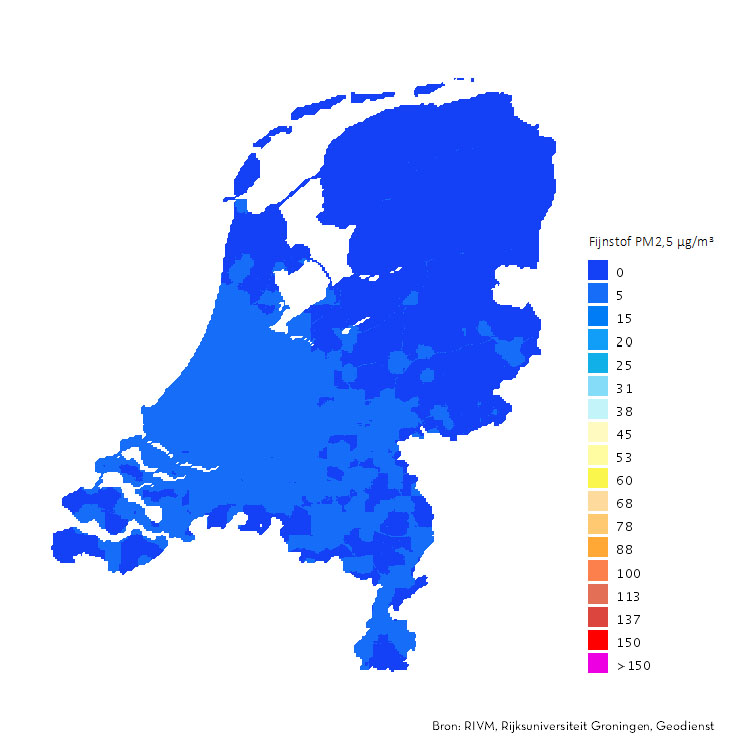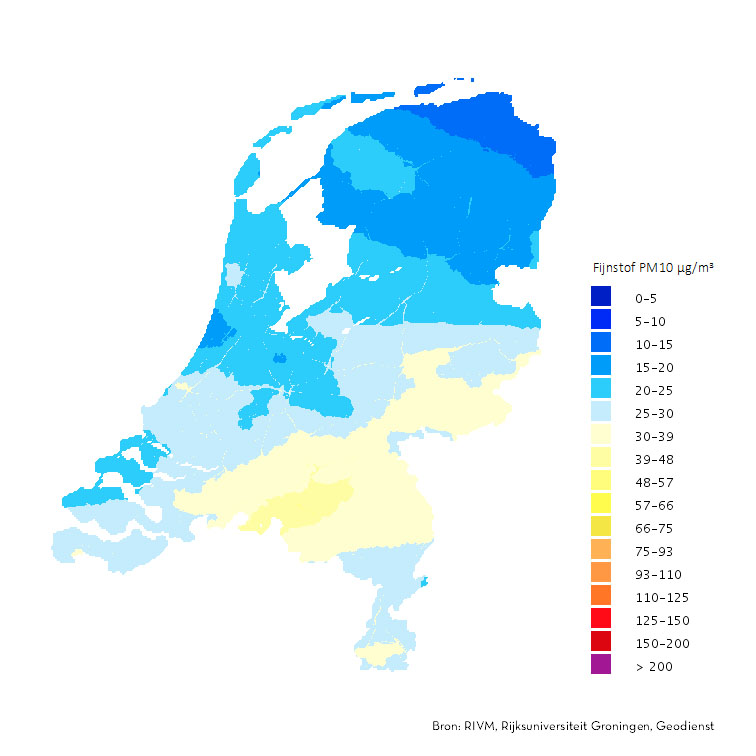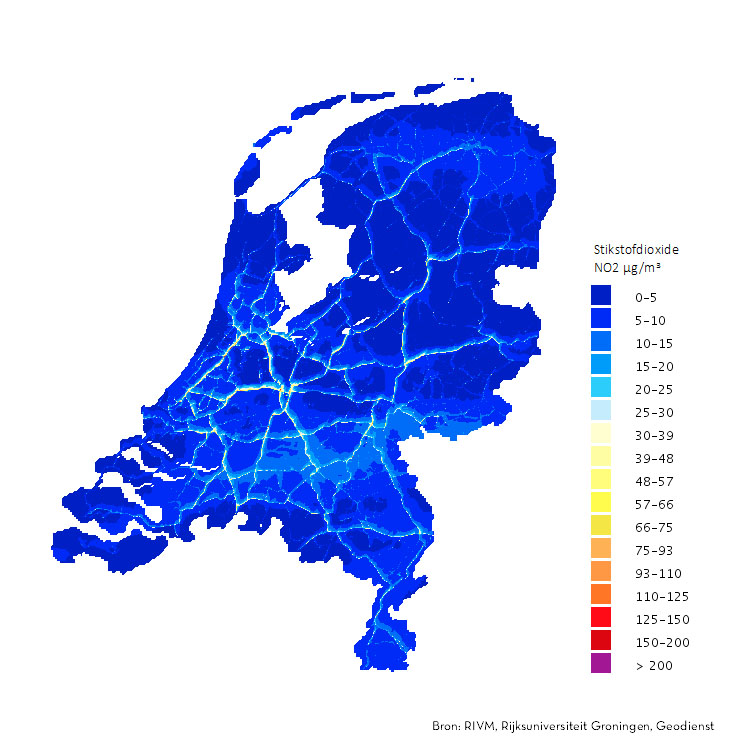Professor of Environmental Law: ‘Milieudefensie’s claim didn’t come from thin air’
Professor of Environmental Law Gerrit van der Veen was a guest on the NPO Radio 1 programme Nieuws en Co on Thursday 7 September. He spoke about how Milieudefensie, Friends of the Earth Netherlands, took the Dutch state to court and won. Milieudefensie believes that current government plans to reduce the amount of nitrogen dioxide and particulate matter in the air are too vague. It therefore took the state to court.
Van der Veen was present at the verdict and says that it is unsurprising that the state is now taking rapid action: ‘A delay of two-and-a-half years for nitrogen dioxide and six-and-a-half years for particulate matter: this is in clear breach of the European rules. These are hard and binding rules that citizens have the right to invoke. If it takes too long, I fully understand that, in this case, Milieudefensie and a number of others would go to court to receive confirmation of what can be expected.’
Concentration levels of nitrogen dioxide and particulate matter in Dutch air
Today, Geodienst , the spatial expertise centre of the University of Groningen, will present maps showing concentrations of nitrogen dioxide and particulate matter in Dutch air. Take a look at the maps below to find out the concentration of these pollutants in the area where you live.



'Clean air is a state responsibility'
Professor Van der Veen believes that it will be difficult for the Cabinet to do something to address the bad results within two weeks: ‘The judge was very clear: they have two weeks to identify the problem areas and the areas where the European standards are still not being met. The state must also speed up preparations for a plan.’ Van der Veen notes that the court was clear that it is the responsibility of the state to reduce the concentration of nitrogen dioxide and particulate matter in the air. ‘The question is therefore how much room for manoeuvre is there for the state and the other parties with which it wishes to negotiate, such as municipalities who want something else or something less.’
More information
| Last modified: | 04 June 2021 09.26 a.m. |
More news
-
12 January 2024
Leon Verstappen awarded a royal decoration during anniversary conference
Leon Verstappen (Meijel, 1965), Professor of Notary Law at the Faculty of Law of the University of Groningen, was surprised with a royal decoration in the category Officer of the Order of Orange-Nassau on Friday 12 January. During the anniversary...
-
11 December 2023
Join the 'Language and AI' community
As a part of the Jantina Tammes School, the 'Language and AI' theme is an interdisciplinary initiative that aims to encourage collaboration among academics, PhD candidates, students, and industry representatives who share a keen interest in the...
-
05 December 2023
Clashing human rights: how far can demonstrators go?
Blocking motorways, protesting against abortion, and waving torches outside a politician’s home. The right to demonstrate is of great importance, but sometimes causes friction with other human rights. For her PhD research, Noor Swart is looking...
